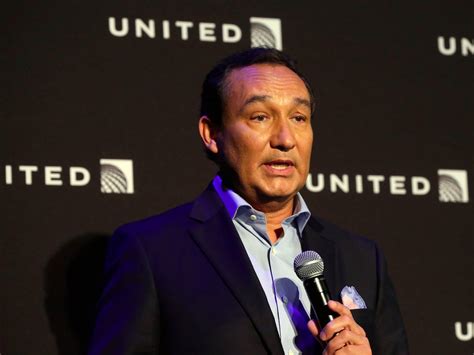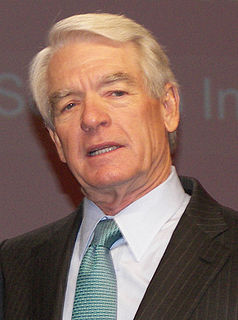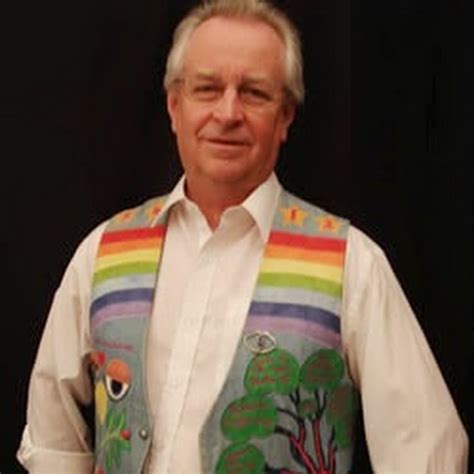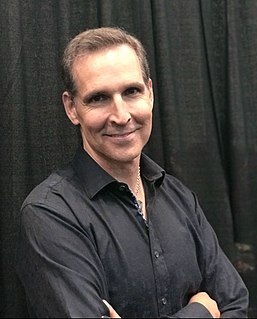A Quote by Stacey Abrams
Money dictates nearly step of social mobility from the very first moments of life. How much our parents make often determines whether we go to college. It affects the jobs we get offered and the ones we can afford to take.
Related Quotes
It's kind of funny...the moments on which life hinges. I think growing up you always imagine your life - your success - depends on your family and how much money they have, where you go to college, what sort of job you can pin down, starting salary...But it doesn't, you know. You wouldn't believe this, but life hinges on a couple of seconds you never see coming. And what you decide in those few seconds determines everything from then on... And you have no idea what you'll do until you're there.
I've always been really selective. I just didn't have the right to be as selective in other years, I guess. It's very difficult to commit so much of your life to go shoot something that you think sucks, so I'd rather do nothing than go work on something that I really hate. Obviously, there are moments where you have to take jobs for money, everybody needs to pay their rent or whatever.
The zooming wealth of the top 1 percent is a problem, but it's not nearly as big a problem as the tens of millions of Americans who have dropped out of high school or college. It's not nearly as big a problem as the 40 percent of children who are born out of wedlock. It's not nearly as big a problem as the nation's stagnant human capital, its stagnant social mobility and the disorganized social fabric for the bottom 50 percent.
All through time in Apple products, even from our very first ones, that's how he [Steve Jobs] looked at the world, that you don't really want a piece of technology, a certain type of chip. What you want is a solution to a problem in life, some cause, some issue that you want in your life that'll help you. And it's how do you make that almost one step - say it and it happens.
We're not giving what we're called to give, unless that giving affects how we live - affects what we put on our plate and where we make our home and hang our hat and what kind of threads we've got to have on our back. Surplus Giving is the leftover you can afford to give; Sacrificial Giving is the love gift that changes how you live - because the love of Christ has changed you. God doesn't want your leftovers. God wants your love overtures, your first-overs, because He is your first love.
When I was 14, I did all kinds of different odd jobs. I had a chicken farm, had an ice cream operation in the summertime, worked as a caddy; all things to make money and save money. Save money in order to invest - that was the first step, though I never really accumulated very much because of other demands like bicycles and things like that.
And now life has become the future. Every moment of your life is lived for the future—you go to high school so you can go to college so you can get a good job so you can get a nice house so you can afford to send your kids to college so they can get a good job so they can get a nice house so they can afford to send their kids to college.
The new American dream is one of responsibility. What is the bottom-line number that you're going to be able to pay back toward a student loan responsibly if you're doing it yourself after you have a job? That dictates the amount of money you can borrow. That dictates the school you can go to, if you can even go to a four-year college at all.
































